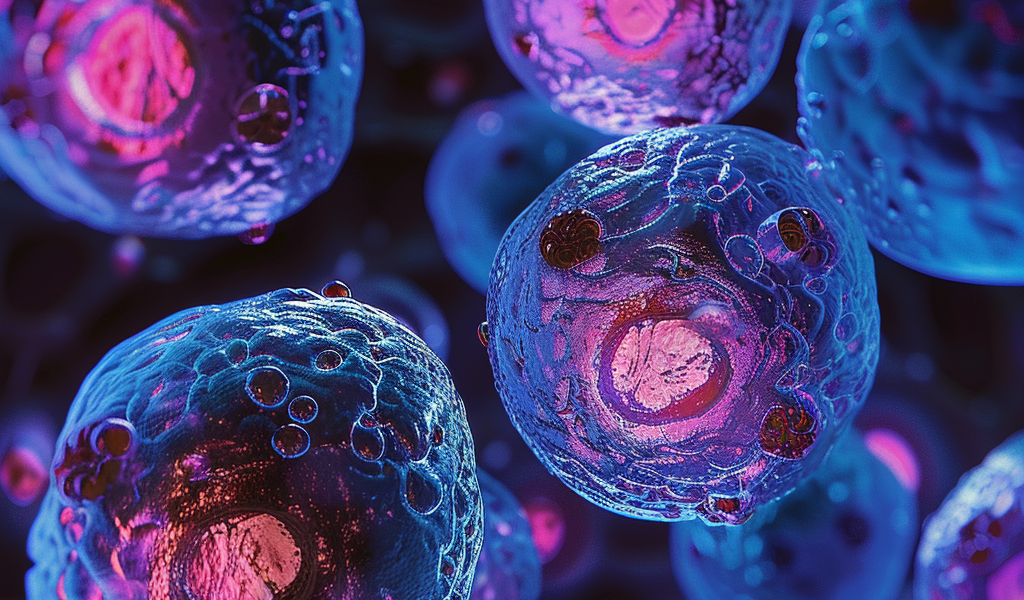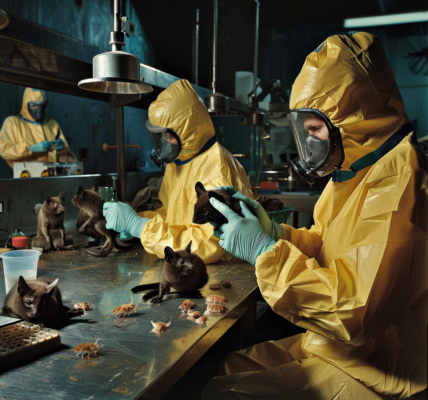Groundbreaking Study Identifies the Impact of Radiation on Human Cells
A recent study conducted by a Korean research team has shed new light on the mutational impact of radiation on human and animal cells, marking a significant milestone in the field of radiation oncology. The study, which is the first of its kind, provides valuable insights into the precise patterns of human cell mutations induced by radiation, particularly during cancer treatment.
The research was led by medical professor Ju Young-seok of KAIST’s Graduate School of Medical Science and Engineering, along with teams from Dongnam Institute of Radiological & Medical Sciences (Dirams) and Seoul National University. By exposing human and rat organs to varying levels of radiation, the joint team was able to identify specific patterns of mutations that correlated with the amount of radiation exposure in 200 cell genome sequences.
According to the findings, just one gray of radiation, equivalent to approximately 320 years’ worth of natural radiation exposure, can induce around 14 mutations in a single cell. This groundbreaking discovery has established the impact of radiation on cells at the molecular level, providing a comprehensive understanding of how and to what extent radiation mutates DNA in our cells.
Dirams’ researcher Son Tae-gen expressed the team’s commitment to further investigating the impact of ultra-low and ultra-high doses of radiation on the human body, with the goal of developing safer and more efficient radiation therapy. The research paper detailing the study’s findings was published in the academic journal Cell Genomics under the title “Quantitative and qualitative mutational impact of ionizing radiation on normal cells.”





